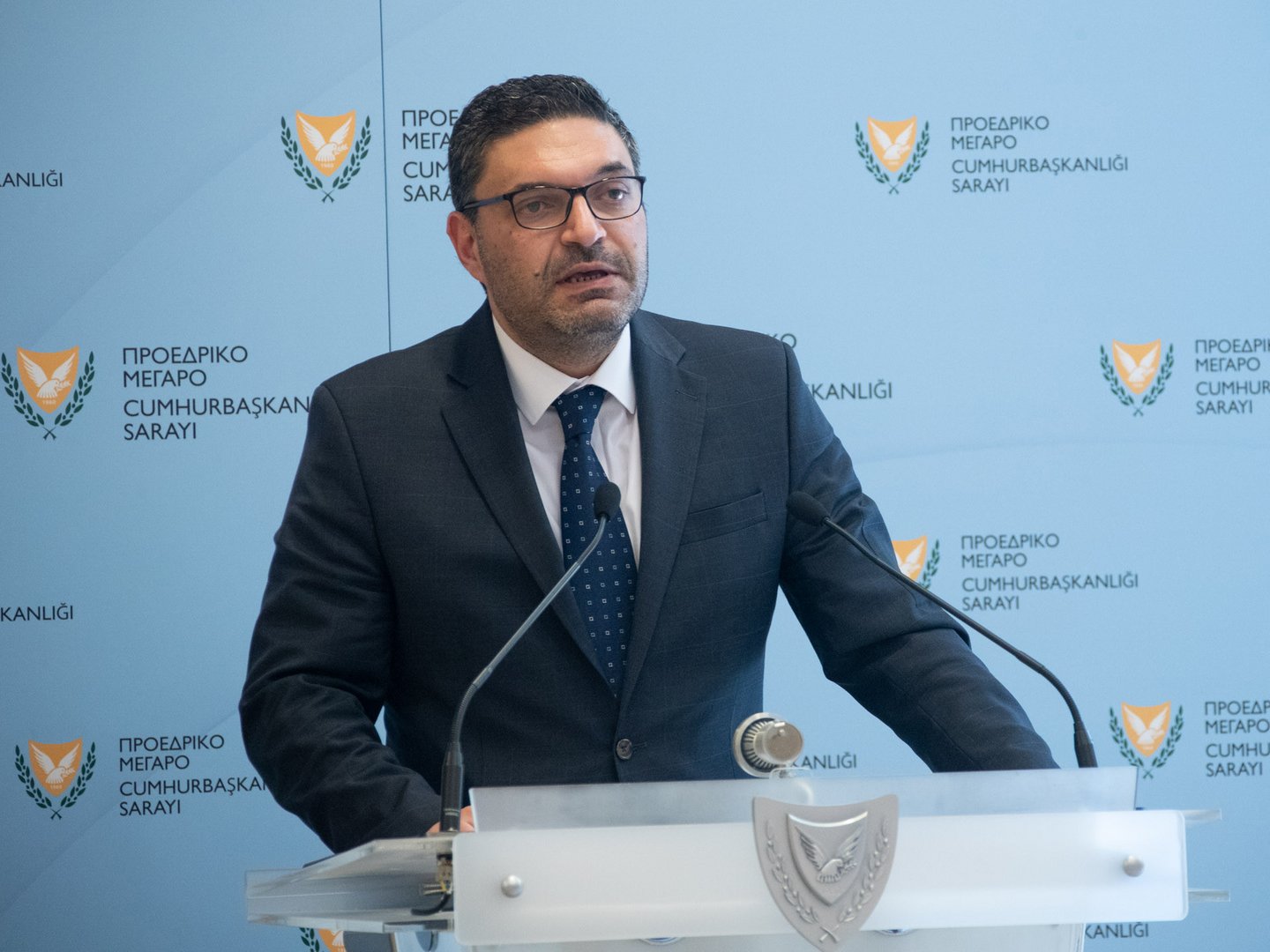Cyprus is “one of the weakest links” in international efforts to seize the assets of sanctioned Russian nationals, while the island hosts dozens of active shell companies that can be traced back to Russian oligarchs, a report by the American news network CBS showed.
Earlier this week CBS aired their latest 60 Minutes special on Seizing Russian assets, with a 13-minute segment dedicated to Cyprus. Featured in the segment were Finance Minister Constantinos Petrides and Greens MP Alexandra Attalides.
“Cyprus is in the middle of an international game of hide and seek,” CBS said in its intro, adding that the island “became as famous for its opaque banking as for its clear water.”
Describing the island as a favourable tax haven for moving assets, Attalides told 60 Minutes: “I think that they [Russian oligarchs] found a fertile ground here that helped them.”
An analyst for Transparency International, a non-profit that tracks international money laundering, Maira Martini said Cyprus offers the secrecy that oligarchs and criminals are looking for.
“In Cyprus for many years you could open a bank account without having a lot of questions asked, you could open a company without having a lot of questions asked, meaning you could put the money there without needing to tell who you are, where the money comes from,” Martini said.
“I think Cyprus is one of the weakest links.”
The show noted how after the financial meltdown in 2013, Cyprus switched to the golden passports scheme to attract foreign wealth.
“CBS has learned that at least a dozen of these now sanctioned Russian oligarchs were issued golden passports,” the segment went on.
The network first spoke to Cyprus’ finance minister in September 2022.
On camera, Petrides is asked: “Who has been sanctioned, specifically, within Cyprus?”
He responds: “Regarding the citizenship, I think about 10 people who were found under restrictive measures [sanctions], and the council of ministers has initiated a process to revoke their passports.”
Asked who these individuals were, Petrides says: “I don’t have any names now.”
To a follow-up question on whether he’d be able to provide CBS with that list of names if they asked for it, Petrides offered: “I’m not sure, I would have to see.”
In November 2022 CBS sent a letter to Petrides, requesting a list of those names and a list of the assets of any sanctioned Russians that Cyprus has seized or frozen.
“In a series of emails over the last three months, Petrides’ office responded that due to European data protection rules, ‘no detailed list can be made public’,” the journalist said.
“But other EU countries have published detailed lists of their actions.”
Back on camera, the journalist asked Petrides point-blank: “So is this expectation that everyone should just trust the Cyprus government that they’re implementing the sanctions that they’re supposed to on Russians?”
To which the minister replied: “I’m not saying that everyone should trust the Cyprus government, and the Cyprus government does not need somebody to trust it. We have the reports of the Mutual Assessment for Cyprus 2019 that shows all the progress made in the past years.
“I think that we have proved as Cyprus that we are a reliable member of the EU. We do admit that in the past there have been mistakes, but Cyprus has also been unfairly stigmatised.”
CBS also asked Petrides about dozens of active shell companies that the network says it was able to trace back to sanctioned Russians. He replied that any Cypriot company with an EU-sanctioned oligarch listed as the owner, has been placed under “increased scrutiny.”
But as the network pointed out, Russian oligarchs often don’t put their names anywhere near their assets. It cited the example of billionaire Roman Abramovic and his planes. According to US investigators, the planes “were hidden under five shell companies, stacked like Russian nesting dolls, with addresses in the BVI and British island of Jersey – all leading to an anonymous trust in Cyprus.”
The camera zoomed in on a document showing a company by the name of Europa Settlement Trust, Cyprus. In parentheses, Roman Abramovich is cited as the beneficiary.
CBS next spoke with US Deputy Attorney General Lisa Monaco, who described how Russian oligarchs layer their investments.
“It turns out, like the tourists who visit Cyprus, dirty money doesn’t stay on the island forever. Typically it’s ‘washed’ and invested in other western economies,” the narrator noted.
The segment next turned to aluminum tycoon Oleg Deripaska, “whom US investigators maintain he is a Putin crony who is propping up Russia’s war machine.”
The show added: “Back in Cyprus, 60 Minutes found a villa in this seaside complex, offices in this building, and more than a dozen active shell companies linked to Oleg Deripaska. The Cyprus government will not say whether it has frozen any of those assets.”
Petrides’ remark about authorities being unable to disclose the names and assets of sanctioned Russians, due to data protection laws, led to an exchange between the minister and Nicolas Papadopoulos, leader of the Diko party.
On Tuesday Papadopoulos posted on Twitter: “When the finance minister’s response to accusations of graft investigated by the biggest news network, consists of a cover-up, at the end of the day it is our country that pays the price. This is the minister whom Averof Neophytou wants to reappoint…”
Hitting back, Petrides shifted the blame to MPs for the law they passed on the protection of personal data.
“If the implementation of the legislation you voted for… constitutes a cover-up, I call on you to amend it.”
The CBS segment on Cyprus can be viewed here







Click here to change your cookie preferences